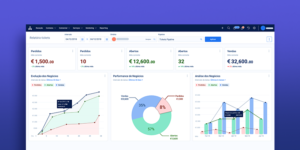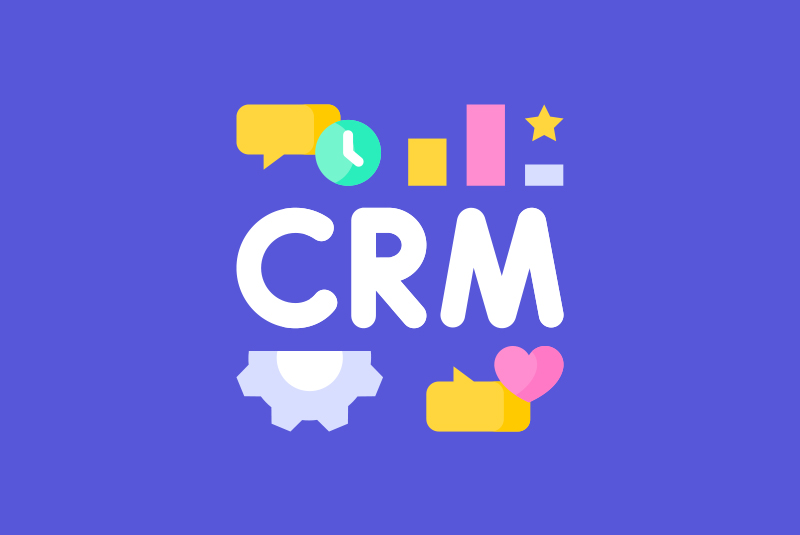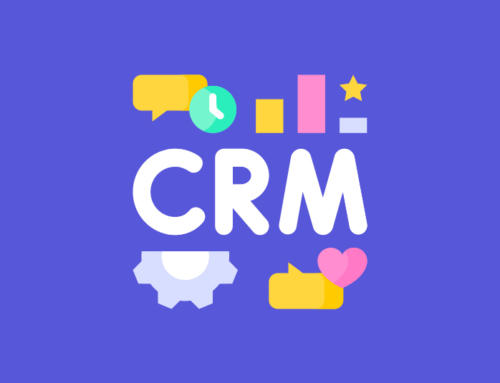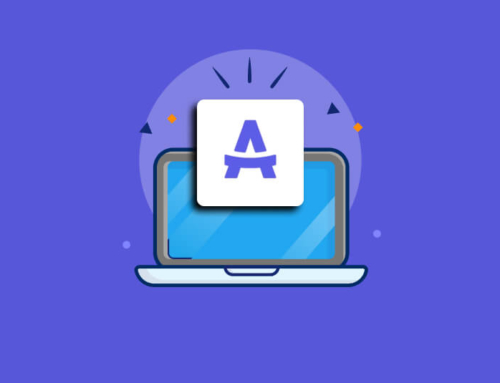Customers are the “icing on the cake” of a company. Without them, companies would not make any sense. And this is precisely why efficient Customer Relationship Management (CRM) is necessary. CRM helps any company cultivate engaging and long-lasting relationships with its customers.
However, it is also necessary to manage projects, budgets, resources, and much more to ensure the timely satisfaction of customer needs.
How do you handle all this while avoiding mistakes and disorganization? By using CRM and project management together.
In this article we will explore the differences between CRM and project management, how you can use them together, and what to look for in an all-in-one solution.
What is Customer Relationship Management (CRM)?
Customer relationship management (CRM) is a process that focuses on managing interactions with your customers. It involves fostering relationships to increase customer satisfaction and sales. Although CRM and project management need to work together to achieve their goals, they have their differences.
Also, putting customers at the center of project management can help you deliver the right products/services and maintain customer relationships.
What are the main differences between CRM and project management software?
There are many more differences between CRM software and project management software than similarities because the two types of software offer different functions to businesses. CRM software is designed to manage data and customer relationships. It is a type of software that focuses on the external activities of the company.
Project management software is dedicated to projects, or large business goals with clear start and end dates, deliverables, and budget constraints. These projects can be internal developments or external products.
The main CRM features are as follows:
Customer support
Follow-up tracking
Interaction tracking
Quotation and proposal tools
Referral tracking
Sales performance management
Social components
Visitor tracking
The features of project management software are a bit different. They include:
Advanced collaboration tools
Agile support
Budget management
Gantt charts
Milestone tracking
Portfolio management
Project planning
Task completion tracking
Workflow reports
How does CRM work in project management?
Project management focuses on delivering what the client needs, on time and on budget. Very important if you want to maintain a successful relationship with the customer, right?
And that’s where CRM can come in handy.
CRM can help you manage projects by giving you real-time insight into customer feedback and improving communication between departments.
Also, putting customers at the center of project management can help you deliver the right products/services and maintain customer relationships.

But how exactly do CRM tools do this?
With features for tracking customer interaction, budgeting, and sales pipeline management, CRMs help companies:
Manage the lifecycle of a customer
Connect customer feedback to ongoing projects
Deliver projects within budget
Collaborate on customer initiatives and results
Align your project tasks, sales, and customer service teams
Execute projects once a deal is finalized
In addition, a CRM system often has features such as milestone tracking, project role assignment, dashboard reporting, and recurring task management.
Here’s how these features help project teams:
Milestone tracking: helps teams identify achievable goals and targets
Project role assignment: defined roles make it easy for teammates to manage their responsibilities
Dashboard Reporting: allows a project manager to analyze progress
Recurring tasks: automates repetitive tasks to help teams focus on more important tasks.

Why not get an all-in-one solution?
Companies need to ensure effective management of all their areas of activity to keep their operations under control. We developed Airdesk to give companies maximum control over departments and teams, all in one place! Unlike other collaboration platforms, we focus on the “not so pretty” parts of your business: time management, contracts, invoices, services, subscriptions. Our goal is to help teams do better, faster, and smarter work. Airdesk does not follow a “one size fits all” approach. Teams can tailor Airdesk to their needs. We cultivate the power of connection in the workplace and believe it is the key to success.










